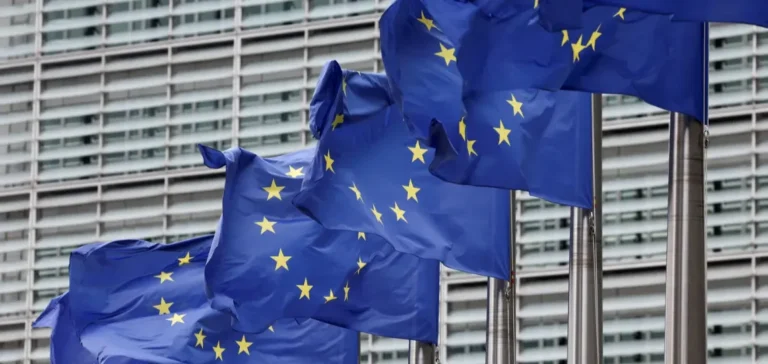The European Union has taken a decisive step in its plan to eliminate imports of Russian oil and gas, with member state ambassadors approving the transmission of the legislative proposal to energy ministers. The draft law, under discussion for several months, outlines a gradual phase-out of Russian hydrocarbon supplies, culminating in a complete ban on natural gas contracts by January 2028.
Broad political consensus despite some opposition
According to several diplomats present at the closed-door meeting, almost all EU countries support the measure, despite reservations expressed by Hungary and Slovakia. These two states, still heavily reliant on Russian hydrocarbons, will be required to establish national plans to halt imports by the deadline. The Council of Ministers is expected to vote on the proposal on October 20.
The draft sets out a phased approach: new gas contracts would be banned from January 2026, short-term contracts would end in June 2026, and long-term contracts would be phased out by January 2028. The plan aims to reduce to zero a dependency that accounted for 45% of EU gas imports before Russia’s 2022 military offensive.
Technical debates over liquefied natural gas
One technical issue remains unresolved: whether liquefied natural gas (LNG) exports should require pre-authorisation before shipment, or simply be checked upon arrival at European ports. France and Italy have expressed a preference for either upstream validation, if time allows, or enhanced customs controls upon arrival.
The share of Russian LNG in EU supplies remains marginal but has triggered debate over enforcement procedures. Technical discussions on this point are expected to continue ahead of the vote.
Towards a reconfiguration of the European energy landscape
If adopted by a qualified majority — 55% of the member states representing at least 65% of the EU population — final negotiations with the European Parliament will begin. The goal is to deprive Russia of significant energy revenues while accelerating the diversification of the bloc’s energy sources.
In parallel, a second package of sanctions aiming to ban Russian LNG imports from January 2027 is under negotiation, seeking to pre-empt some of the measures proposed in the main legislation. This dual timeline could impact short-term strategies of importers still bound to Russian contracts.






















